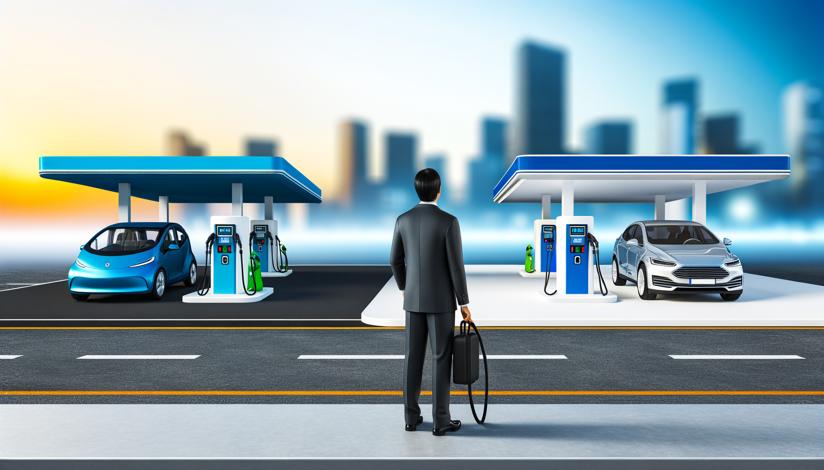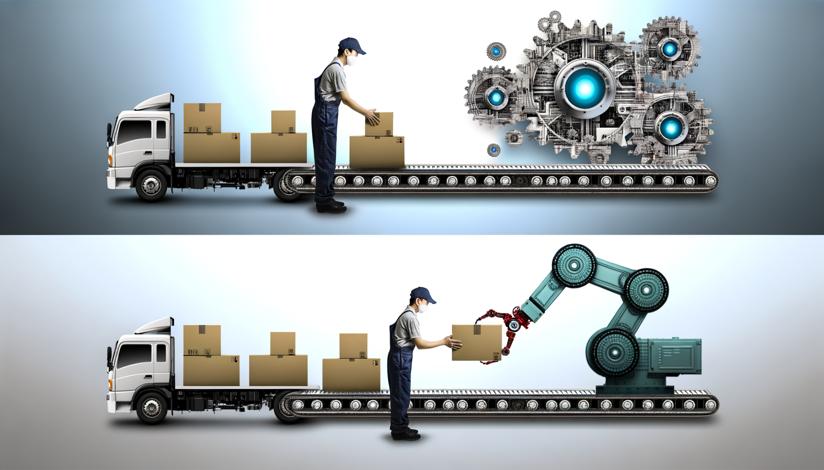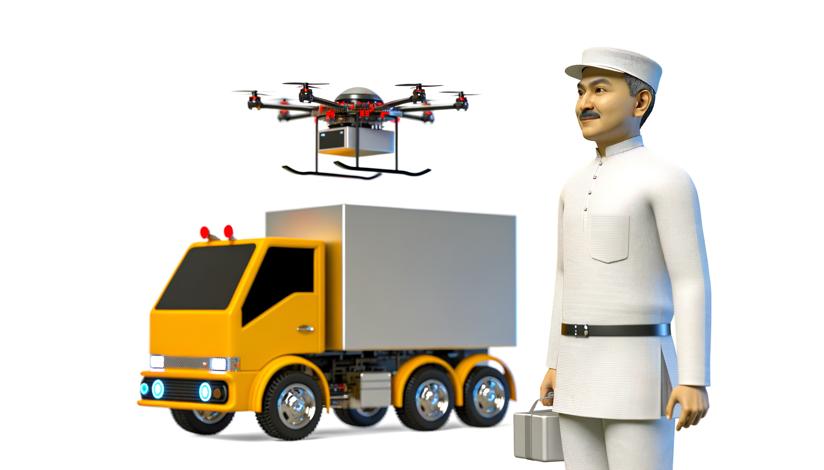

The transportation and logistics industry plays a significant role in global emissions, contributing to air pollution and climate change. In recent years, there has been a growing focus on adopting sustainable methods of transportation, with electric vehicles (EVs) emerging as a promising solution. This article aims to evaluate the benefits and drawbacks of electric delivery vans and diesel trucks, while also considering the importance of renewable energy sources in powering these vehicles.
Electric delivery vans have gained popularity in urban areas as an eco-friendly alternative to traditional gasoline-powered vans. With zero tailpipe emissions, EVs significantly reduce air pollution and contribute to cleaner cities. Additionally, electric delivery vans are quieter, resulting in reduced noise pollution, which is especially beneficial in residential neighborhoods. These vans can be charged overnight or during breaks, utilizing off-peak electricity and reducing the strain on the power grid.
On the other hand, diesel trucks have been the go-to option for long-haul transportation due to their range and power. However, they are notorious for their high emissions of greenhouse gases and particulate matter. The transition to electric trucks in the logistics industry could have a substantial positive impact on the environment. Electric trucks offer comparable performance while emitting zero tailpipe emissions and producing significantly less noise. The advancements in battery technology have also increased the driving range of electric trucks, making them a viable option for long-haul transportation.
A crucial factor in evaluating the sustainability of electric vehicles is the source of the electricity used to power them. Renewable energy sources, such as solar and wind, are essential to ensure that the carbon footprint of EVs remains low. By utilizing clean energy sources for charging, EVs contribute to the reduction of greenhouse gas emissions. The integration of renewable energy with electric vehicles creates a synergistic effect towards achieving a sustainable transportation and logistics sector.
In conclusion, electric delivery vans and electric trucks showcase several advantages over their gasoline-powered and diesel counterparts. They offer zero tailpipe emissions, reduced noise pollution, and increased energy efficiency. However, the availability and accessibility of renewable energy sources play a crucial role in maximizing the sustainability of these vehicles. It is imperative for the transportation and logistics industry to invest in renewable energy infrastructure to fully reap the benefits of electric vehicles and mitigate their environmental impact.

Zero tailpipe emissions
Reduced noise pollution
Increased energy efficiency

Limited driving range (in some cases)
Initial higher cost compared to gasoline-powered vehicles
Dependence on renewable energy infrastructure




















-
https://www.epa.gov/greenvehicles/benefits-and-challenges-all-electric-vehicles
-
https://www.iea.org/topics/electric-vehicles





































